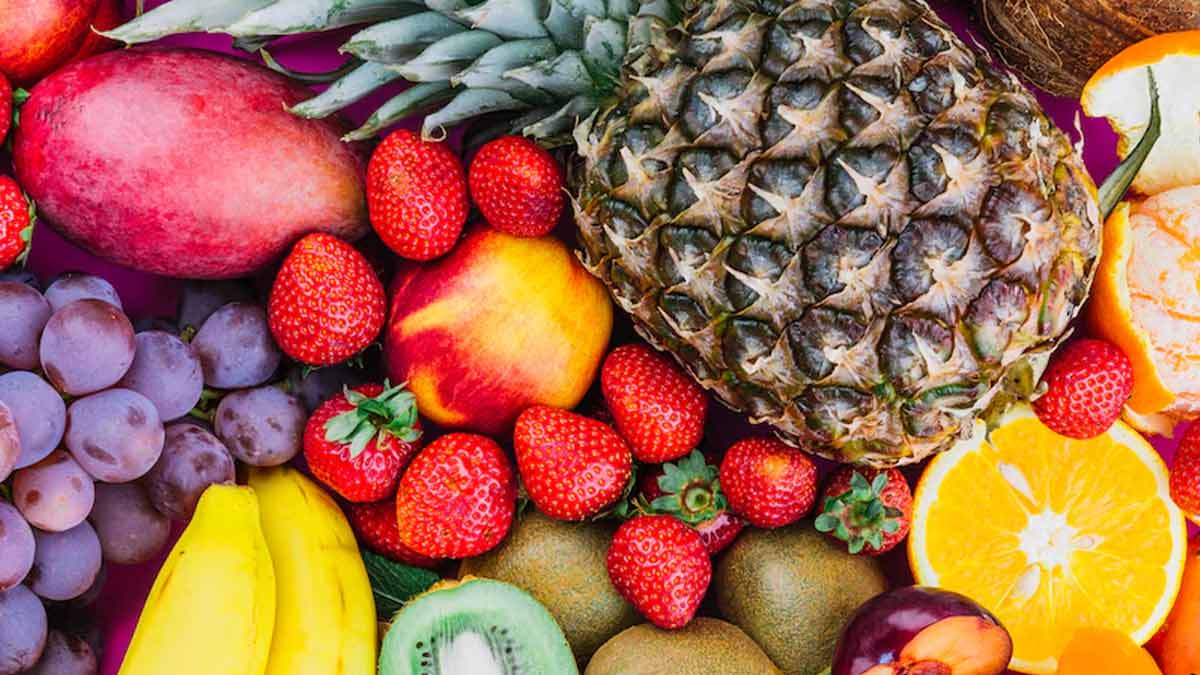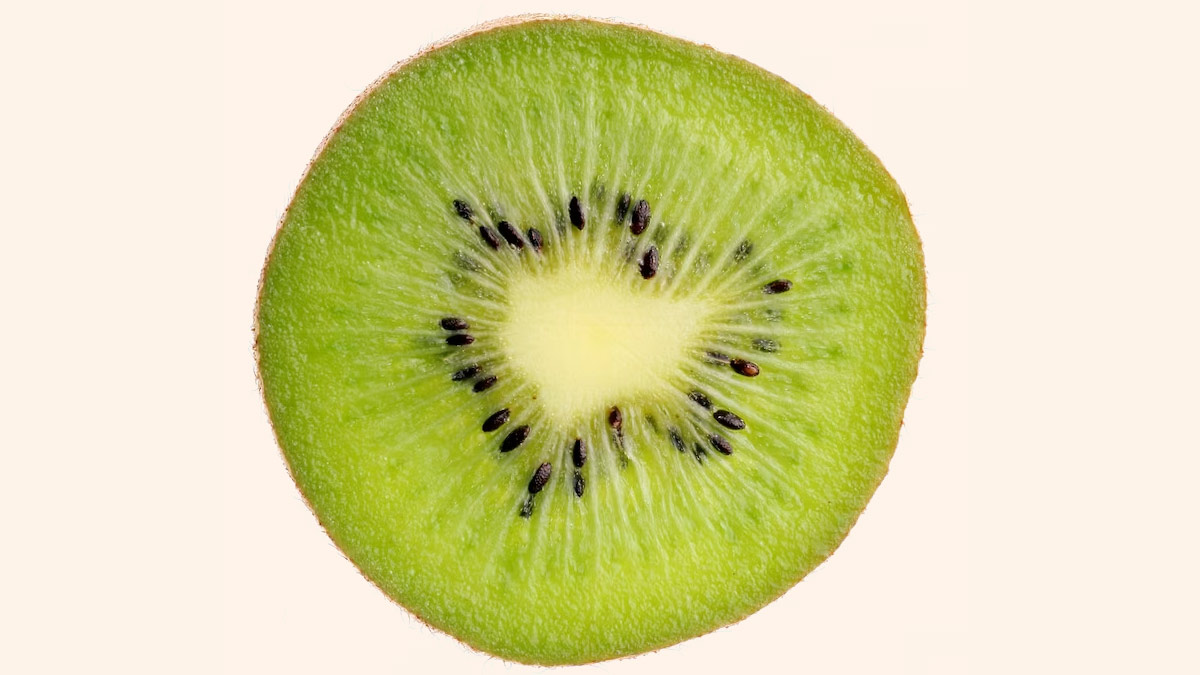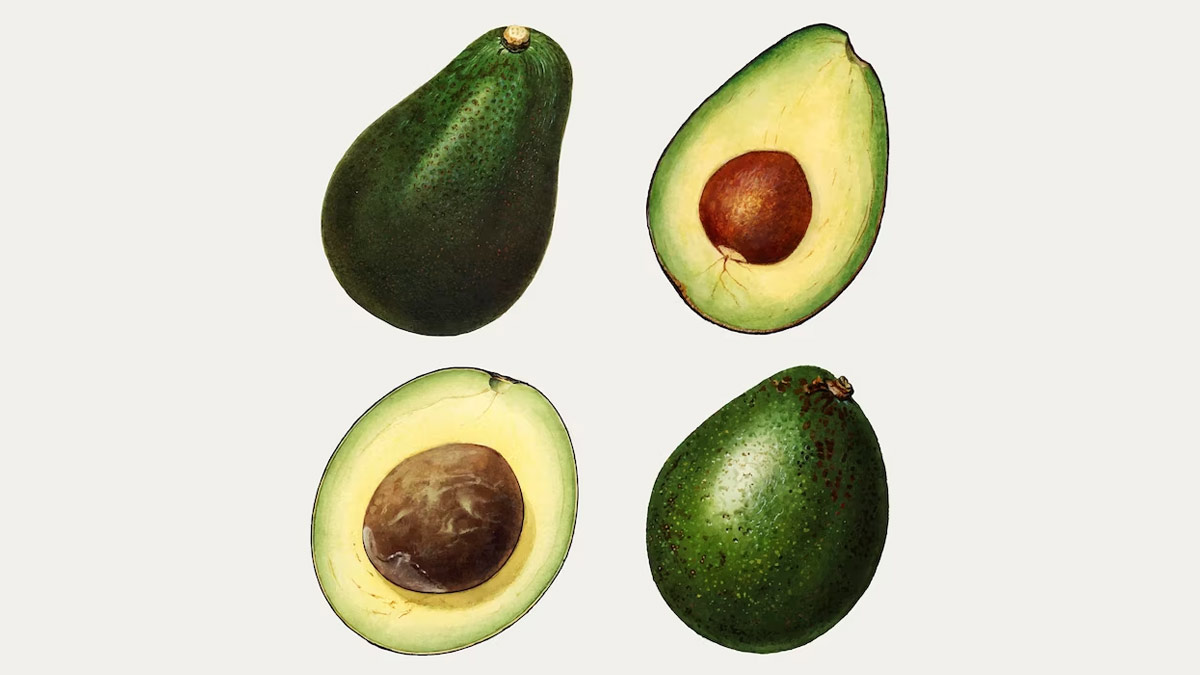
Fruits are not only delicious but also packed with essential nutrients and vitamins. However, some fruits have unconventional methods of consumption that you might not be aware of.
Fruits include a variety of antioxidants, including flavonoids, which lower the chance of developing heart disease, cancer, diabetes, and inflammation. We all consume fruits, and how many of us are aware that there is a proper way to eat them? You may be wondering when to consume fruits and whether we can eat them at night. Here are eight fruits that you might be eating in the wrong way.
Table of Content:-
Kiwi
According to the National Institute of Health, kiwis contain potassium, copper, vitamin K, folate, and vitamin E, a fat-soluble nutrient with antioxidant properties and a vital function in immunological health.

Also read: 8 Health Benefits Of Eating Kiwi In Winters
Many people peel kiwi before eating it, but the skin is entirely edible and packed with fibre and nutrients. Instead of peeling, you can simply wash the kiwi thoroughly and bite into it like an apple.
Berries
Eat them fresh whenever possible to maximise their nutrient content. Berries are packed with antioxidants, vitamins, and fibre, which are beneficial for heart health, brain function, and immune support.
Citrus Fruits
Instead of just drinking their juice, eat the whole fruit to benefit from the fibre and additional nutrients found in the flesh and membranes. Citrus fruits are rich in vitamin C, which supports immune function, collagen production, and skin health.
Apples
Eat them with the skin on to get the maximum fibre content. Apples are a good source of soluble fibre, which can help regulate blood sugar levels, promote digestive health, and support weight management.
Bananas
Enjoy them when they're ripe, as they'll be easier to digest and contain more antioxidants. Bananas are rich in potassium, which helps regulate blood pressure, muscle function, and fluid balance in the body.
Also read: Should You Eat Bananas For Constipation?
Avocados
Incorporate them into your diet in various ways, such as in salads, sandwiches, or smoothies. Avocados are high in healthy fats, fibre, vitamins, and minerals, which can help reduce cholesterol levels, support heart health, and promote satiety.

Pomegranates
Eat the seeds (arils) instead of just drinking the juice to get the full nutritional benefits. Pomegranates are loaded with antioxidants, particularly punicalagins and anthocyanins, which have anti-inflammatory and heart-protective effects.
Kiwi
Eat the skin along with the flesh to maximise fibre intake and nutrient absorption. Kiwi is a rich source of vitamin C, vitamin K, potassium, and antioxidants, which can help boost immunity, support bone health, and improve digestion.
Watermelon
Enjoy it fresh and ripe to benefit from its high water content and nutrient density. Watermelon is rich in lycopene, a powerful antioxidant that may help reduce the risk of certain cancers and protect against heart disease.
Eating these fruits in the right way, whether it's consuming them fresh, including the skin, or enjoying them when they're ripe, can help you reap the maximum health benefits they have to offer. Remember to incorporate a variety of fruits into your diet to ensure you're getting a wide range of nutrients and antioxidants for optimal health and well-being.
Also watch this video
How we keep this article up to date:
We work with experts and keep a close eye on the latest in health and wellness. Whenever there is a new research or helpful information, we update our articles with accurate and useful advice.
Current Version